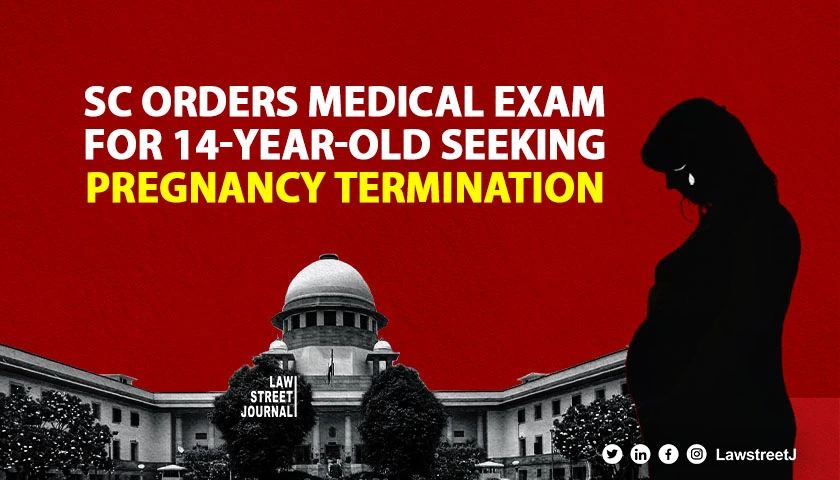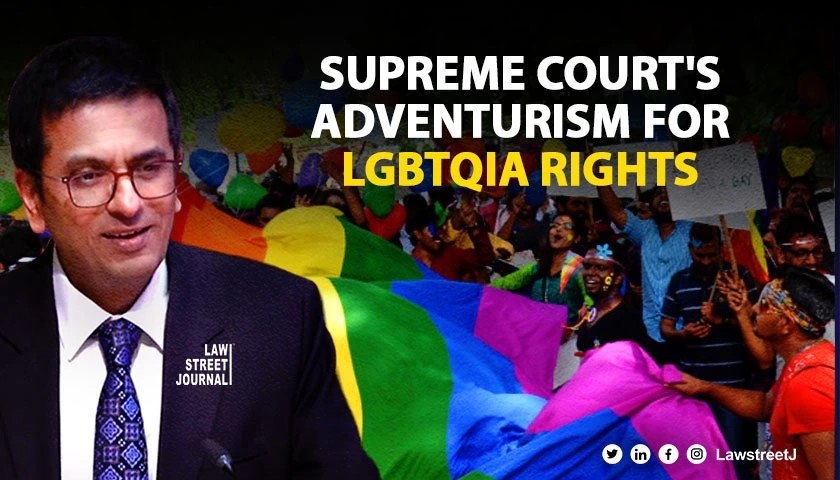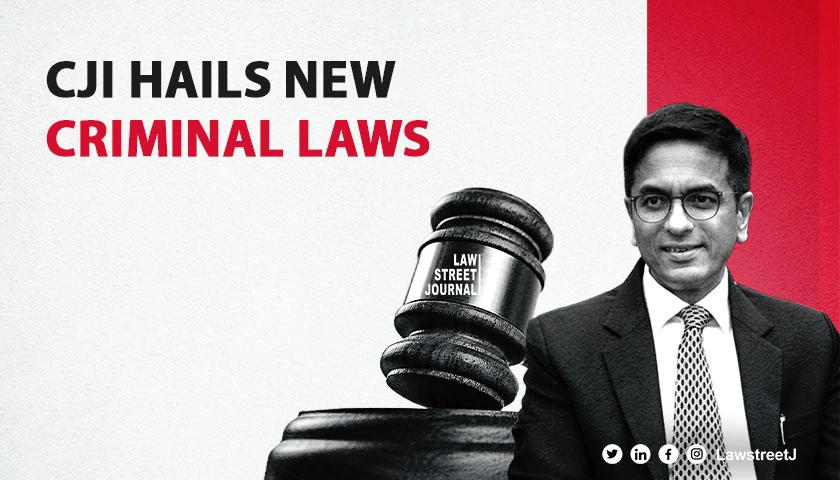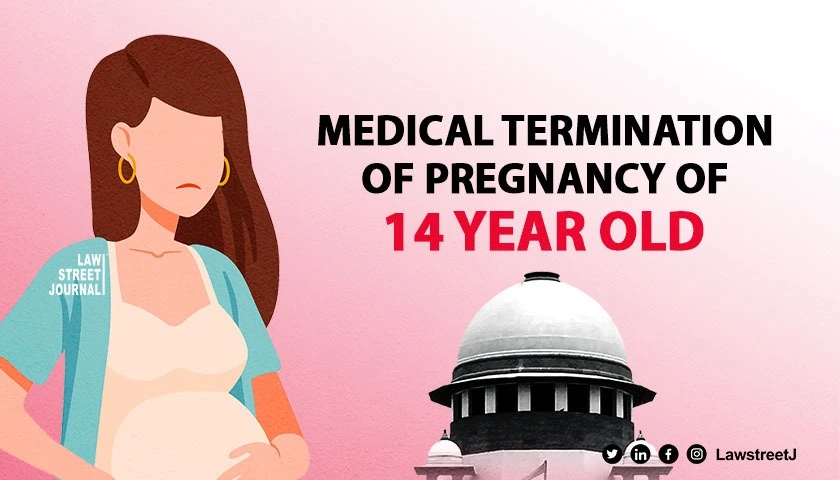CASE- Zee Entertainment Enterprises Ltd. v. Invesco Developing Markets Fund And 2 Others
The Bombay High Court recently ruled that a shareholder resolution sought under Section 100 of the Companies Act, 2013 must be legal in order for the Board of Directors to call an Extraordinary General Meeting (hereinafter EGM).
The Single Judge Bench of Justice G.S. Patel was hearing a suit filed by Zee Enterprises Limited, a public limited and listed company, seeking an injunction against Invesco (investors and shareholders who own 17.88 percent of ZEE) from acting in furtherance of a requisition notice because it is illegal, ultra vires, invalid, bad in law, and incapable of implementation.
In the order, Justice GS Patel, who considered the matter, stated that the Court can investigate whether the matters proposed to be considered in the requisition are legal.
"...sometimes, it happens that a company must be saved from its own shareholders, however well-intentioned. If a shareholder resolution is bound to cause a corporate enterprise to run aground on the always treacherous shoals of statutory compliance, there is no conceivable or logical reason to allow such a resolution even to be considered. Shareholder primacy or dominion does not extend to permitting shareholder-driven illegality. A perfectly legal resolution, if carried, may well result in the diminution of the company's profits or business. That is not a court's concern. But the resolution must be legal. The interpretative question is therefore not over the word 'valid' at all but about the matters proposed to be considered at a requisitioned EGM. And the Court is never foreclosed from considering this," it read.
FACTUAL BACKGROUND
Invesco's requisition notice included nine resolutions, the primary resolution being the removal of Punit Goenka, CEO and Managing Director of ZEE Enterprises, and six other resolutions calling for the appointment of six independent directors.
Two other resolutions to remove two other directors had lapsed because they had resigned for personal reasons. The appointment of independent directors was mentioned as ‘subject to approval by the Ministry of Information and Broadcasting.'
Zee's Articles of Association require a 12-member Director Board, and if the resolution to remove Goenka fails, the company will have 13 Directors. A requisition notice sent by shareholders must meet the following requirements under Section 100 of the Companies Act:
1) They own at least 10% of the total share capital;
2) The requisition notice is signed by the requisitions and delivered to the company's registered office; and
3) The requisition notice is signed by the requisitionists and delivered to the company's registered office.
According to Section 100(4) of the Act, if the Board of Directors fails to call an EGM within 21 days of receiving notice to do so within 45 days, the requisitionists are free to hold the meeting within three months, provided the requisition notice is 'valid.'
The main point of contention in both parties' arguments revolved around the concept of "validity" of a requisition notice sent to the Board and whether the Board of Directors can exercise its discretion to refuse to act on such a requisition notice.
Submissions Made by Zee Enterprises and Invesco
Senior Advocate Gopal Subramaniam for Zee Enterprises argued that the term 'valid' in Section 100(4) refers to a requisition whose aims are 'legally feasible and effective.' If the proposed resolutions are passed, they will violate the following statutory provisions:
1) Section 203 of the Companies Act, which states that every company must have a managing director/CEO/Whole-Time Director.
2) According to the Companies Act, independent directors must be drawn from a data bank, approved by a nominations and communications committee established under Section 178, the Board of Directors must be convinced of their expertise and integrity, and the General Body must approve each independent director proposed. Regulation 17(8) of the SEBI Regulations establishes a 'optimal' combination of executive and non-executive directors, and Regulation 19(3) mandates and specifies the composition of an NRC.
3)According to the petitioner counsel, the provisions regarding appointment directly follow that shareholder do not have the right to choose individual independent directors without going through these steps; they can only demand that independent directors be appointed.
4) According to Clause 5.10 of the MIB Guidelines, the resolutions appointing independent directors and removing one of the directors, including the CEO, require "prior approval." The requisition notice states that the appointment of six new independent directors is ‘subject to MIB approval,' but it is silent on MIB approval for CEO removal. Even the phrase "subject to MIB Approval" is in conflict with MIB Guidelines, which require prior approval instead of ex post facto approval.
5) According to the petitioner, the requisition notice is also in violation of 2(1)(e) about 'control' r/w Regulation 4 of the SEBI Takeover Regulations due to the absence of an open offer by Invesco to the public to acquire the shares of the 'target company' that it intends to take control over, namely, ZEE Enterprises.
Senior Advocate Janak Dwarkadas, who represented Invesco, argued that such a twist on the interpretation of the provision was unacceptable; shareholders have an inalienable right to propose any resolution of their choosing, and a 'valid' requisition should only meet the criteria specified in Section 100 itself and nothing more. Even if the resolutions are unworkable, the baby will be born. The counsel also argued that these resolutions cannot be considered certain because the outcome of the EGM is unknown, and thus the suit is premature. According to the counsel, Section 100 of the Companies Act precludes the High Court from intervening once the necessary criteria are met.
JUDGEMENT
In its reasoning, the court emphasised that the issue is not one of interpreting the word 'valid' in Section 100, but rather whether what is sought to be done through a proposed resolution, which is part of the requisition notice, is clearly illegal. The court even applied Sir Karl Popper's null hypothesis theory to test Invesco's claim that Section 100 gives shareholders unrestricted authority to move any resolution. According to the court, the hypothesis or proposition itself must be tested against the extreme polarities as possibilities in order to determine whether it is sound or not.
"This has a direct application to the case at hand. If the resolutions proposed are not such as can even be countenanced in law, then how does the question of putting them to vote at an EGM even arise?"
Advocate Dwarkadas repeatedly brought to the high court's attention the judgement of SK Desai in Cricket Club of India Ltd & Ors v Madhav L Apte & Ors. 1974 SCC OnLine Bom 40, in which the court was inclined to read Section 169 Of Companies Act 1956 (Almost Identical to Section 100 of Companies Act, 2013) in isolation, irrespective of its illegality or even invalidity outside the requirements specified in Section 169.
The court took note of those precedent submissions; even the Cricket Club of India did not address the court's power to grant an injunction against furthering the objectives of a requisition notice; it only dealt with the interpretation of Section 169, the interplay of the term 'valid requisition,' and determining whether the requisition in question was valid or not.
Justice G.S. Patel expanded on the decision in Centron Industrial Alliance Ltd v Pravin Kantilal Vakil & Anr 1982 SCC OnLine Bom 318, which also involved an otherwise numerically valid requisition arising in the scheme of a merger between two companies. The Centron Case Dispute Resolution sought the withdrawal of a company petition against another party in the Bombay High Court. In Centron, the court considered the deviation from a legal obligation and its consequences.
The Centron decision disagreed with the Cricket Club Of India decision, noting that the resolution therein only affected the internal management of the company and none else, which was not the case in the instant case:
"Courts have, therefore, consistently held that if the requisition is called for the purpose of passing a resolution which can be implemented in a legal manner, although the form in which the resolution has been proposed is irregular on the face of it, nevertheless, such a meeting must be called because ultimately a decision taken at the meeting can be implemented in a legal manner."
In contrast to the blanket sanction in Cricket Club, Justice G.S Patel agreed with the distinction drawn in Centron regarding the resolutions proposed at a requisitioned EGM: between resolutions that are irregular or undesirable to the Board and those that are illegal.
The Bombay High Court then reiterated Lord Justice Lindley's observation in the landmark case of Isle of Wight Railway Co. v. Tahourdin, [1884] 25 Ch D 320 (CA), which also finds a place in Centron.
"If the resolution proposed to be passed at the requisitioned meeting were wholly illegal, then the board of directors would be under no obligation to call a meeting requisitioned for the purpose of passing such an illegal resolution."
The court then looked at other jurisdictions and recognised how the Isle of Wight decision has been relied on consistently since 1884, as well as in Queensland Press Ltd v Academy Investments No 3 Pty Ltd & Anr [1987] QC 3 to determine the validity of a requisition and grant of injunction if the requisition could not be legally effectuated.
The Bombay High Court also made the following observation in response to Dwarakadas' argument about the form and substance of resolution by relying on Queensland:
"The argument that the wording of a proposed resolution in a Requisition Notice is a matter of form, not substance, the latter being 'adjustable' at the meeting was repelled, and rightly so. This would be an EGM, and not an AGM — and the resolutions would have to be considered as placed and proposed, not in some variant that was never propounded."
Rose v McGivern & Ors [1998] 2 BCLC 593 was also cited (Ch D). where it was decided that if an EGM called only contains resolutions that will be ineffective if passed and something that cannot be implemented, Directors have the right to refuse to convene such a meeting.
There is Section 303(5) in England's Companies Act that highlights the Court's freedom to intervene and examine the legality of a resolution in order to protect the company's interests, as mentioned in Kaye & Anr v Oxford House (Wimbledon) Management & Ors [2019] EWHC 2181 (Ch), but such a provision is missing in Indian law to prevent 'madcap resolutions.'
“We do not have such a provision. But it does not have to be made explicit, and Section 303(5) only makes explicit that which judicial pronouncements from Isle of Wight in 1883 onwards said was always part of companies law.”
The court went on to state the following reasons for its decision:
“A perfectly legal resolution, if carried, may well result in the diminution of the company's profits or business. That is not a court's concern.But the resolution must be legal. The interpretative question is therefore not over the word 'valid' at all but about the matters proposed to be considered at a requisitioned EGM. And the Court is never foreclosed from considering this."
The court also stated that in this case, the form must follow the substance. If the proposed resolution's substance is illegal, the form is also illegal.
Concerning the arguments raised against the court's jurisdiction, the court noted that Section 430 of the Companies Act prohibits a civil court from adjudicating on a matter over which the NCLT or NCLAT has jurisdiction. However, the NCLT Rules make no mention of having jurisdiction over matters under Sections 100, 149, 150, or 168.
The court also rejected Invesco's argument that no injunction could be granted because the NCLT had already been seized of the matter under Section 98 and any injunction granted would effectively be against the NCLT:
“I am not asked to issue any such injunction against a court. The injunction is against Invesco. Indeed, in any anti-suit injunction proceeding, the frame is precisely against the party prosecuting a rival action in another forum, not the forum itself (unless the other forum is hierarchically subordinate.”
The court agreed with Zee Enterprises' arguments and granted interim relief preventing Invesco from taking any action in furtherance of the requisition notice, including convening an EGM under Section 100(4).
![Companies Act 2013 - 'Proposed Shareholder Resolution Must Be Legal in Order for EGM to be Called' : Bombay High Court [READ ORDER]](/secure/uploads/2021/11/lj_9343_gs.jpg)






